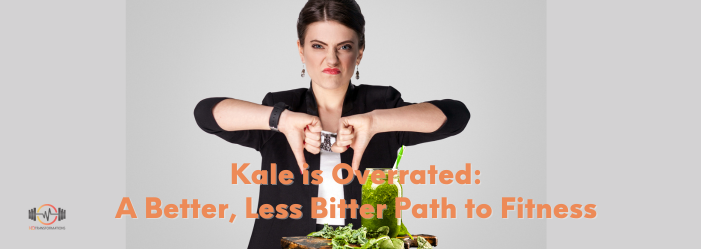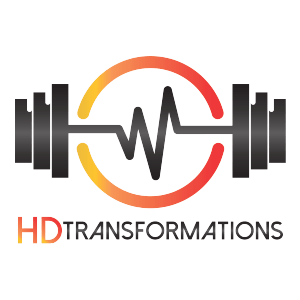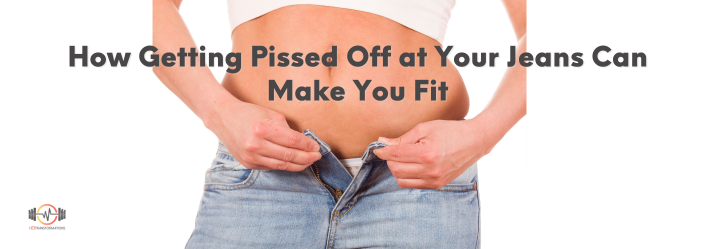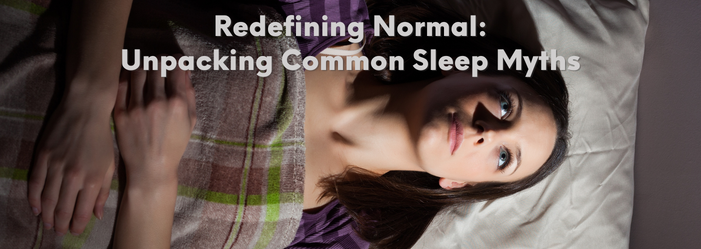Blog Post
This is a subtitle for your new post

This month is the beginning of a new year and a time when many people begin new health and fitness journeys. For the next several weeks, well discuss the latest diet trends. What they are, who they work for, what to beware of, and how to decide what's right for you.
There is no perfect plan. There is no one size fits all.
Everybody is different and every BODY is different, so learning what works for yours is critical. You are your own best advocate and coach. We're simply here to provide some information, with which you can make an informed decision.
I'm not a doctor or nutritionist. I do, however, have a nutrition certification that allows me to coach people on diet and nutrition as it relates to fitness. I also love to learn about it so here's what I know and hope will help you decide what's right for you.
The Ketogenic Diet:
The ketogenic diet was introduced by modern physicians as a treatment for epilepsy in the 1920s. It died off after drugs to treat epilepsy were created, but has made a comeback in the last 15 years. The Atkins diet made a big splash when it hit the market as a similar, but not identical, diet to keto. It was also based on low carb and high fat foods but has different emphasis on protein. The goal of the keto diet is to get your body into the metabolic state of ketosis, during which it uses fat rather than sugar from carbs, as its main energy source. In ketosis, your body runs on ketones, which are compounds that are formed upon the breakdown of the fat in your food or the fat stored in your body. This requires consuming 50 grams or less of carbs per day.
Why it works:
Most Americans consume nearly 50% of their calories from carbs each day. The carbs filling this category rarely are derived from whole foods, most are processed grains and sugars. When a person cuts out 90% of these carbs per day, they naturally will eat less processed food and fill their diet with more whole foods, such as meats and vegetables. These processed foods are often referred to as "empty calories" because they do not satiate hunger or provide any nutritional value. They provide a temporary hit of energy to our system, which fades quickly and leaves our body in an energy slump and craving another boost.
Consuming foods that are filled with fat and protein help to curb hunger and provide the nourishment needed for long term energy. As our bodies break down the fat and protein, they're provided with a longer burning source of energy. To use an analogy, carbs work like kindling on a fire, they burn quickly and easily. Fat and protein, act like large, dense logs that require much longer to burn completely through. So, by eating more filling and sustaining foods, our bodies require less total intake because they are burning slower and longer. This allows for a calorie deficit without hunger and allows our body to then search for additional fuel within itself, while slowly burning what we've consumed.
Myths:
- Dietary fat is stored as fat - WRONG. Excess fuel of any kind is stored as fat. The first to be stored is actually carbs. The body stores them for quick access to fuel to burn in case of emergency (think fight or flight). If you over consume any type of fuel, something will have to be stored, because your body either uses it or stores it. Our bodies are highly efficient machines and don't waste much.
- More protein is better - WRONG. You only need to consume the protein your body needs to rebuild cells and fuel itself. Over consumption of protein leads to fat storage. Over eating is over eating, plain and simple.
- Keto is dangerous - WRONG. Ketosis and Ketoacidosis are two separate and different conditions. The only people at risk for ketoacidosis are Type 1 diabetics because their body does not release any of its own insulin. Others, who are at risk for Type 2 diabetes or other metabolic syndrome issues, can benefit tremendously from a diet of restricted carb intake.
- It will work for anyone - WRONG. Keto helps to burn fat, but it also creates challenges for building and maintaining muscle mass. If building mass is your goal, you may find another plan to be more beneficial. Building is possible while on a keto diet, but it requires very careful planning of meal times and workouts. It is definitely not recommended to perform high intensity workouts while on a keto diet, as your body will need to break down protein (aka muscle) in order to fuel itself. Extremely heavy, low repetition lifting workouts, or very light, high rep workouts, and steady state cardio are best.
- You can eat whatever you want as long as it's fat or protein - WRONG. Eating butter and bacon for every meal will leave you depleted of essential nutrients. You will find your immune system compromised and yourself lacking energy. While many fruits and vegetables contain carbs, they also contain fiber. Many studies have shown that the body breaks down carbs differently when they're combined with fiber, than when they're isolated. The vitamins and minerals found in vegetables are critical for your body's over all health.
The bottom line:
Keto does work. It's especially great for those whose health calls for lower carb intake. Women who suffer from PCOS, anyone who is pre-diabetic, severely overweight or insulin resistant, will all see great benefits. The problem comes with sustainability. Some have no problem but it can be a tough way to live long term. My advice would be to use it, if it works, and gradually work into a more sustainable lifestyle. We definitely don't need 50% carb intake, EVER. Moving to a lower carb intake will produce results for just about anyone. Keto also helps us to get away from consuming such a high amount of sugar and the addiction that can follow. It's worth a try if it sounds like something you'd be able to stick to. It's critical that you fill your plates with as many veggies as are allowed to prevent the loss of important nutrients. Lastly, dehydration can (and usually is) a big side effect. Your body uses water to break down the fat into energy. Taking an electrolyte supplement is important to prevent dehydration and the symptoms that come with it.
Choose a nutrition plan that works for you and your body. Pay attention to how you feel when you consume different things. You are your own best expert! Do eliminate processed foods, sugar and sometimes grains and dairy. Grains and dairy can be inflammatory and cause a whole host of issues. Stay tuned for more breakdowns of diet trends this month!

By Heather Dumas
•
11 Apr, 2024
Discover a fresh approach to wellness that goes beyond gym routines and diets. Learn how a personalized healthy lifestyle strategy, tailored to your unique life, can lead to sustainable, joyful, and effective fitness results. Embrace flexibility, happiness, and a holistic view of health in this transformative journey.

By Heather Dumas
•
04 Apr, 2024
Dive into the heart of health and fitness with a straight-talking guide to ditching quick fixes for a personalized, sustainable journey. Discover the power of consistency, investment in quality guidance, and the transformation that comes from a plan tailored just for you.

By Heather Dumas
•
21 Mar, 2024
Explore the transformative journey of intermittent fasting for 80s and 90s babies. Dive into how time-restricted eating, balanced meal timing, and mindful practices can revamp your metabolism, enhance sleep quality, and lead to a healthier, more attuned lifestyle after 35.

By Heather Dumas
•
14 Mar, 2024
Discover the pivotal moment when seeking help transforms from a last resort to a strategic move towards personal growth and achievement. Dive into a candid discussion on recognizing your breaking point, the undeniable value of expert guidance, and the life-changing outcomes of embracing support. Join us on a journey from DIY attempts to triumphant transformations.










